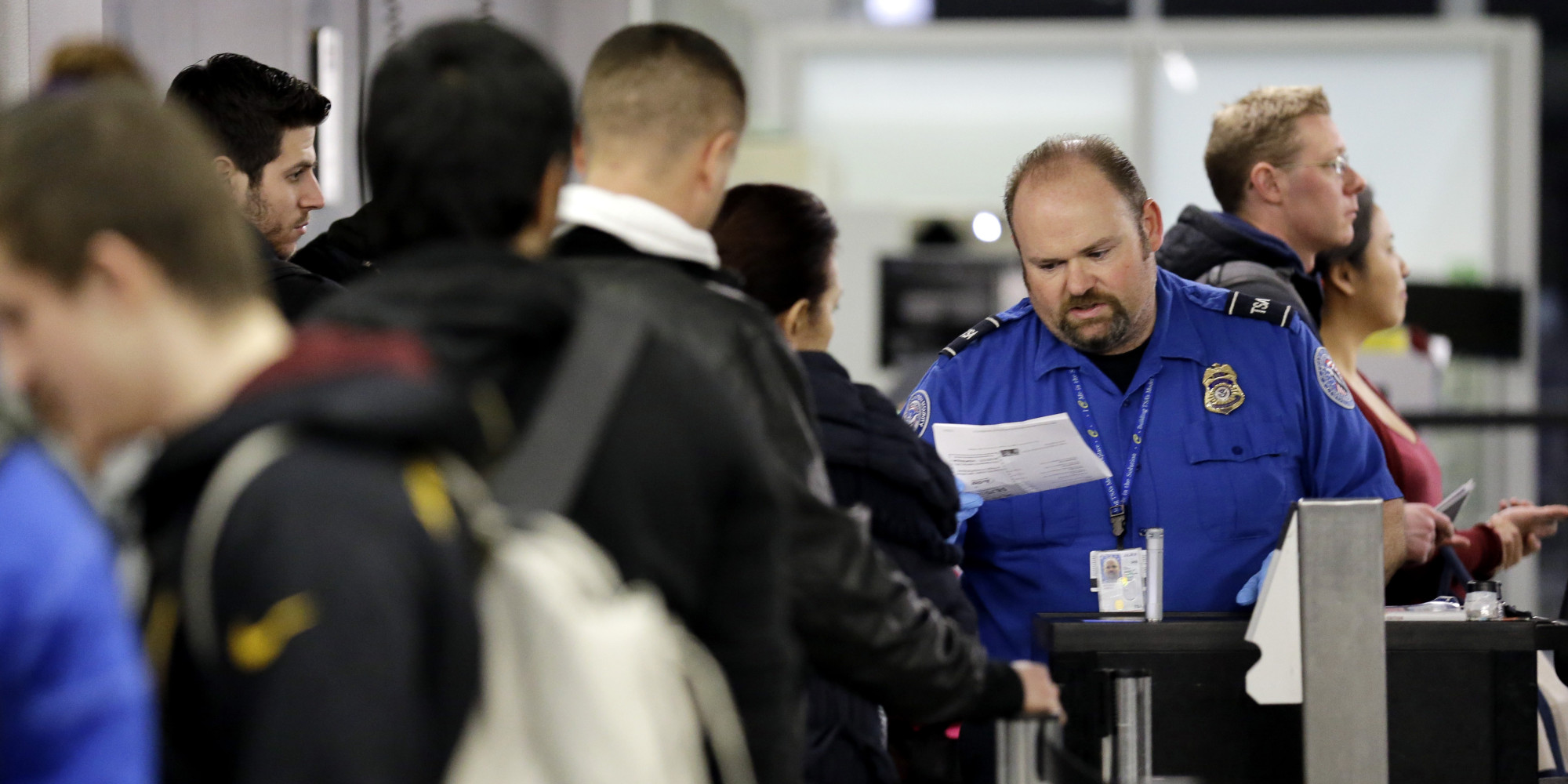In a controversial statement last week, US Department of Homeland Security head John Kelly hinted that the government may require travelers to forfeit passwords and other sensitive information of their social media accounts in the near future.
During a congressional hearing held on February 7, Kelly noted that the collection of social media account passwords of visa applications is likely to become a part of the vetting process in bringing in immigrants from the seven countries included in Trump administration’s travel ban.
Kelly further emphasized that visa applications from the seven countries are “very hard to truly vet” and that if they fail to forfeit sensitive information of their social media accounts to the US government upon its demand, visa applicants may be denied entry to the US. “If they don’t want to give us the information, then they don’t come,” Kelly stated.
While the US Department of Homeland Security and other US government agencies are currently considering imposing regulations to collect social media information of visa applicants, U.S. Customs and Border Protection already started to ask travelers under a visa waiver program to provide their active social media accounts.
Analysts including the American Civil Liberties Union’s Washington Legislative Office chief of staff Michael Macleod-Ball believe that the controversial move to collect social media data of travelers isn’t right-minded and practical, especially if the government intends to utilize personal social media data of travelers to place them under constant surveillance.
Robert McCaw, government affairs department director for the Council on American-Islamic Relations, expressed his concerns in regards to serious legal conflicts and intensive manual labor that may arise as a result of the potential traveler social media account disclosure regulation. If travelers mistakenly disclose wrong social media accounts or simply forget to disclose alternative email addresses or Twitter accounts they use, they will be in violation with the regulation and will be forced to deal with legal consequences.
“The price for admission into the United States shouldn’t mean giving up your online life. Do you remember every email account, or Facebook account, or every message board you signed up for? If you forgot to disclose one, wouldn’t you be lying to a federal agency?,” said McCaw.
As McCaw noted, there exists many potential problems that will arise if such strict regulation on social media account disclosure is established. The imposition of such a policy will be a major threat to the privacy of travelers specifically if the government does require travelers to forfeit private keys and passwords of their social media accounts.
With this level of authority over online identities of travelers, McCaw stated that the government could have a “chilling effect” on how travelers communicate with each other within and outside of the US.
Security experts including privacy law firm Edelson PC partner Christopher Dore also noted that the collection of highly sensitive social media account passwords of travelers could lead to severe security issues, particularly if the government plans to store all of these data sets in one centralized database.
Image Via: HFP

